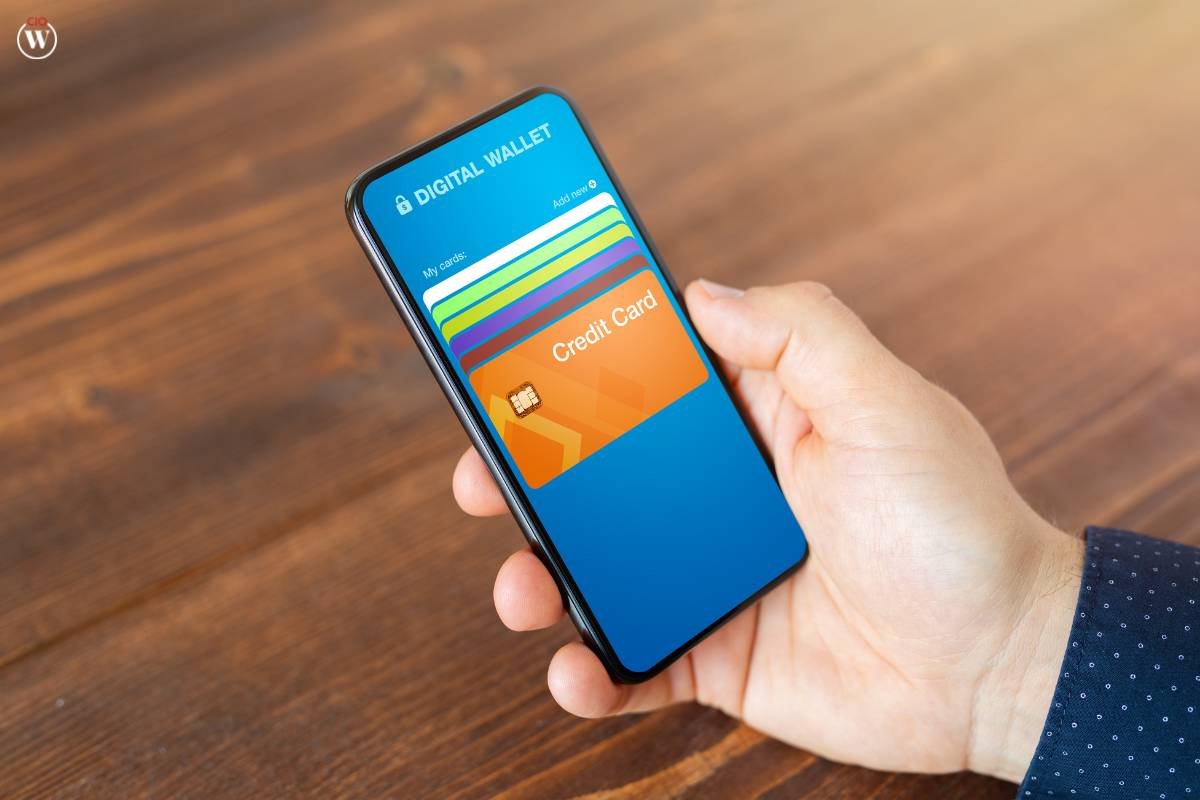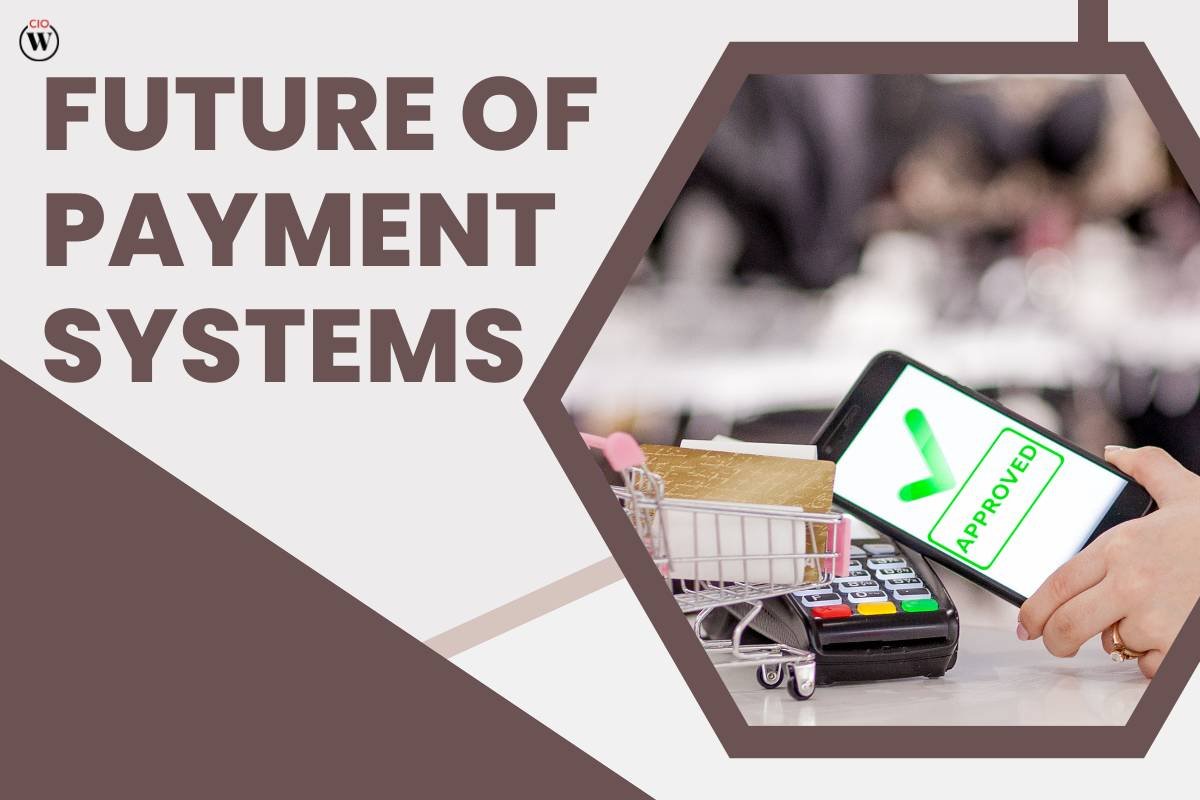In the ever-evolving landscape of finance and technology, payment systems have undergone a remarkable transformation in recent years. As we delve into the future of payment systems, it becomes evident that fintech (financial technology) and mobile wallets are at the forefront of this revolution. This article explores the impact of fintech and mobile wallets on the future of payment systems, highlighting their key features, benefits, and the challenges they may face.
The Rise of Fintech: Revolutionizing Payment Systems
Fintech refers to the integration of cutting-edge technology into financial services and systems. It has become a driving force in shaping the future of payment systems. The rise of fintech has been nothing short of remarkable, with innovative startups and established financial institutions working together to redefine how people make payments, transfer funds, and manage their finances.
One of the most prominent developments in fintech is the advent of mobile wallets. These digital applications allow users to store, send, and receive money on their smartphones, transforming the way individuals and businesses handle transactions. The future of payment systems, therefore, is heavily intertwined with the growth of fintech and mobile wallet technology.
Mobile Wallets: Redefining Convenience and Security
Mobile wallets, also known as digital wallets or e-wallets, are applications that store payment information securely on a user’s mobile device. They offer a seamless and convenient way to make payments, whether in-store, online, or through peer-to-peer transfers. Key players in the mobile wallet space include Apple Pay, Google Pay, Samsung Pay, PayPal, and a host of other startups.

The driving force behind the adoption of mobile wallets is their simplicity and user-friendly nature. Users can add their credit or debit card information to the wallet app, and with a few taps on their smartphone, they can complete transactions. Moreover, mobile wallets are highly secure, often employing encryption and biometric authentication methods like fingerprint and facial recognition to protect sensitive financial data.
The Future of Payment Systems: Key Features and Benefits of Mobile Wallets
Mobile wallets are shaping the future of payment systems in several ways. Here are some of the key features and benefits that make them an integral part of this transformation:
- Convenience:
Mobile wallets offer a streamlined payment process, reducing the need to carry physical cards or cash. Users can make payments with a simple tap or scan of their smartphone, making transactions quick and efficient.
- Security:
Mobile wallets prioritize security, with features like tokenization, which replaces card details with a unique token for each transaction, making it challenging for fraudsters to steal sensitive information.
- Accessibility:
Mobile wallets are accessible to a wide range of users, including the unbanked and underbanked populations. They provide an opportunity for financial inclusion by allowing people to access digital financial services without a traditional bank account.
- Integration:
Many mobile wallets offer integration with loyalty programs, coupons, and reward schemes, enhancing the overall shopping experience. This feature not only benefits consumers but also drives customer engagement for businesses.
- International Payments:
Mobile wallets have the potential to simplify international payments and remittances. Users can send and receive money across borders, often at a lower cost compared to traditional international wire transfers.
- Record-Keeping:
Mobile wallets maintain a digital record of transactions, providing users with a clear overview of their spending habits. This feature encourages better financial management and budgeting.
- Contactless Payments:
With the increasing importance of hygiene and health considerations, contactless payments facilitated by mobile wallets have become more appealing. Users can complete transactions without physically touching payment terminals.
Challenges and Considerations
While mobile wallets are poised to play a significant role in shaping the future of payment systems, they are not without their challenges and considerations. It’s essential to address these factors to ensure a smooth transition to this new payment paradigm:
- Security Concerns:

Despite robust security measures, mobile wallets can still be vulnerable to hacking and fraud. Users must stay vigilant and follow best practices to safeguard their financial data.
- Compatibility:
The success of mobile wallets depends on the availability of compatible payment terminals and devices. Ensuring widespread acceptance and integration is crucial for their continued growth.
- Regulatory Hurdles:
The fintech industry faces evolving and sometimes complex regulatory environments. Governments and financial authorities must adapt to accommodate these new technologies while still ensuring consumer protection.
- Privacy Concerns:
The collection of data through mobile wallet transactions raises concerns about user privacy. Striking a balance between convenience and data protection will be a critical challenge in the future.
- User Education:
Many users are still unfamiliar with the benefits and features of mobile wallets. Comprehensive user education and awareness campaigns are essential to encourage adoption.
- Market Competition:
The mobile wallet space is highly competitive, with numerous players vying for market share. This can lead to fragmentation and confusion among consumers. Industry consolidation may be necessary to streamline the experience.
The Future of Payment Systems: Fintech and Mobile Wallet Adoption
The adoption of fintech and mobile wallets is steadily gaining momentum. As users experience the convenience, security, and efficiency offered by these digital payment systems, their usage is expected to increase. In addition to individuals, businesses are also integrating mobile wallets into their operations, further driving the transition to this new payment paradigm.

Many traditional banks and financial institutions have recognized the potential of fintech and mobile wallets. They are partnering with or acquiring fintech startups to stay competitive in the evolving payment landscape. This collaboration between traditional financial institutions and fintech companies has the potential to reshape the industry further.
As we look to the future, we can anticipate more advanced features in mobile wallets, such as enhanced personal financial management tools, artificial intelligence-driven insights, and increased support for cryptocurrencies and digital assets. These innovations will continue to redefine the future of payment systems and the way we manage our finances.
Conclusion
The future of payment systems is being reshaped by fintech and mobile wallets. These innovative digital solutions offer convenience, security, and accessibility that traditional payment methods cannot match. While there are challenges to overcome, including security concerns, compatibility, and regulatory hurdles, the benefits of mobile wallets make them a crucial component of the payment landscape moving forward.
As users and businesses continue to embrace mobile wallets, we can expect to see further innovations and improvements in these digital payment systems. This transition represents a significant step toward a more connected, efficient, and user-friendly financial world. The future of payment systems is here, and it’s evolving faster than ever before, driven by the power of fintech and mobile wallet technology.









